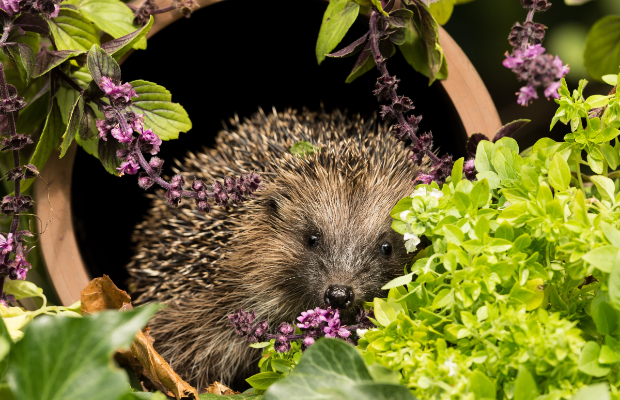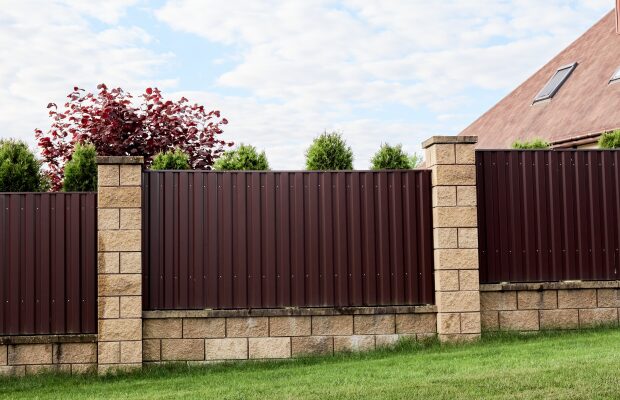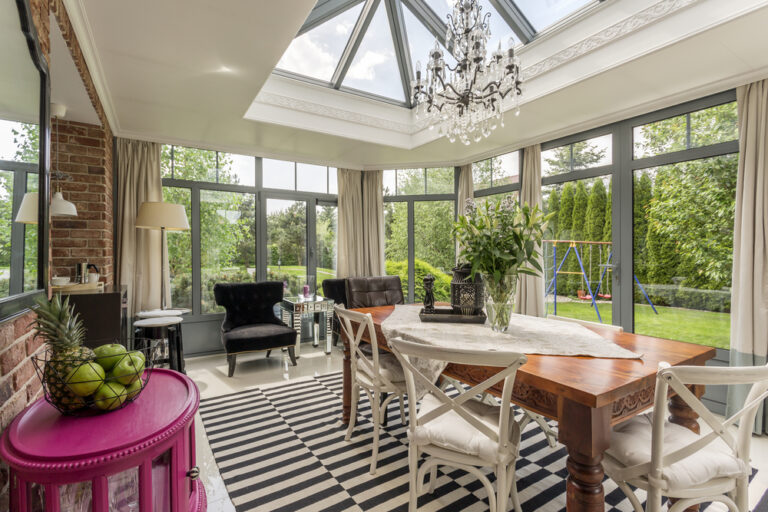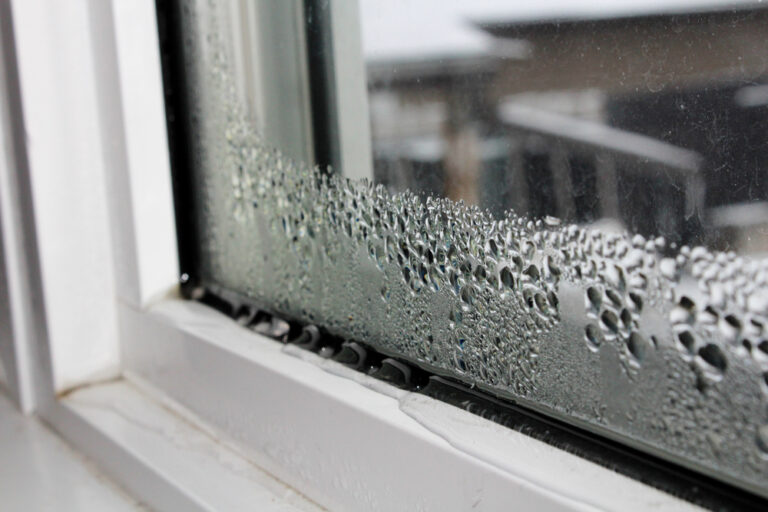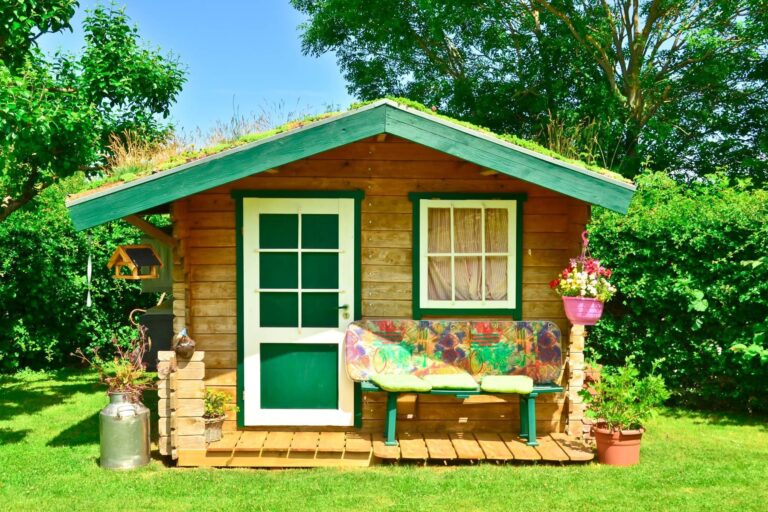The back garden isn’t just part of your home, it’s also home to many wonderful critters and creatures, so it’s important to ensure that they feel as comfortable and safe as you do!
Due to the impact of artificial outdoor lighting, care for the environment must be considered when designing your garden’s lighting scheme. The following guide will allow you to light up and enhance your garden, without harming the local wildlife.
How artificial lighting affects wildlife
Lighting is one of the most powerful design tools for your garden, which is what makes bespoke lighting schemes so popular for modern gardens in the UK. However, artificial lights after sundown can contribute to light pollution, which in turn, affects the surrounding wildlife.
Some of the recognised effects include:
- Bat species may be impacted in their roosting, foraging, navigating, and migrating behaviours. Artificial lighting can also affect their prey and feeding patterns.
- The breeding success of glow worms is affected by artificial lighting.
- Garden birds extend their activity period in artificial light, which means feeding longer, singing in the middle of the night, and depleting their energy and resources.
- Moths and nocturnal-flying migrating birds can be disorientated by light sources, which leads to wasting energy, increased risk of predation, and reduced efficiency as nocturnal pollinators.
- Lighting can act as a barrier for some species, fragmenting habitats, while for others, artificial light is fatally attractive, and therefore becomes a sink for hundreds of insects each night.
Check if you need permission to install outdoor lighting
Firstly, you should make sure that installing outdoor fixtures is permitted in your home. While outdoor lighting does not generally require Planning Permission, you should still be prudent and check that all your prospective work is allowed. A lot of areas across the UK are now designated as dark sky zones, so it’s worth looking up your property and location to see if it is within this designation. Those with listed homes should also consult their local planning authority before installing any lights, and they may also need to undertake a wildlife survey if listed species (e.g., British bats) are present.
Use lighting where it matters
You can reduce your garden’s impact on nocturnal species by stripping back some of your outdoor lighting and only placing light sources where it’s necessary for design or function. Other than producing less light pollution, a more minimalist scheme is also great for highlighting specific accents in your garden and creating dimension, rather than washing out the entire outdoor area with light.
Angle light sources downwards
Spotlights and up lights can be the most harmful light sources to use outside the home, as they’re often intense and high-glare, enabling them to cast a very broad light. Switching to downward facing lighting can help to reduce your contribution to light pollution, while also focusing illumination and adding ambience to the areas that need it.
Install low-level path lighting
You can safely light the way along your paths and steps by opting for low-level lighting instead of harsh and intense lighting.
Use motion activated lights
As well as being energy efficient, motion-activated lights reduce your environmental impact rather than having outdoor lights on for extended periods of time. Choose a variation which allows you to play with the settings so that you can choose how long the light stays on. Newer varieties will only light up when something large passes by, so foxes and cats can potter around undetected.
Use timers on outdoor lights
Alternatively, if motion-activated sensors do not appeal to you, you can still reduce your light usage by installing fixtures with a timer function. Being able to cut down on how long your lights are left on will allow you to save energy, as well as reducing your impact on wildlife.
Reduce light pollution with natural screening
By implementing natural screening into your garden’s design, you can condense down the impact of light pollution. A pergola, trellis, or hedge could help to contain and minimise the glare from your garden’s lighting.
If you are looking to sell your home and care for the environment, we can help! By booking your free valuation today with Parkers, when we sell your home, we’ll plant a tree.
